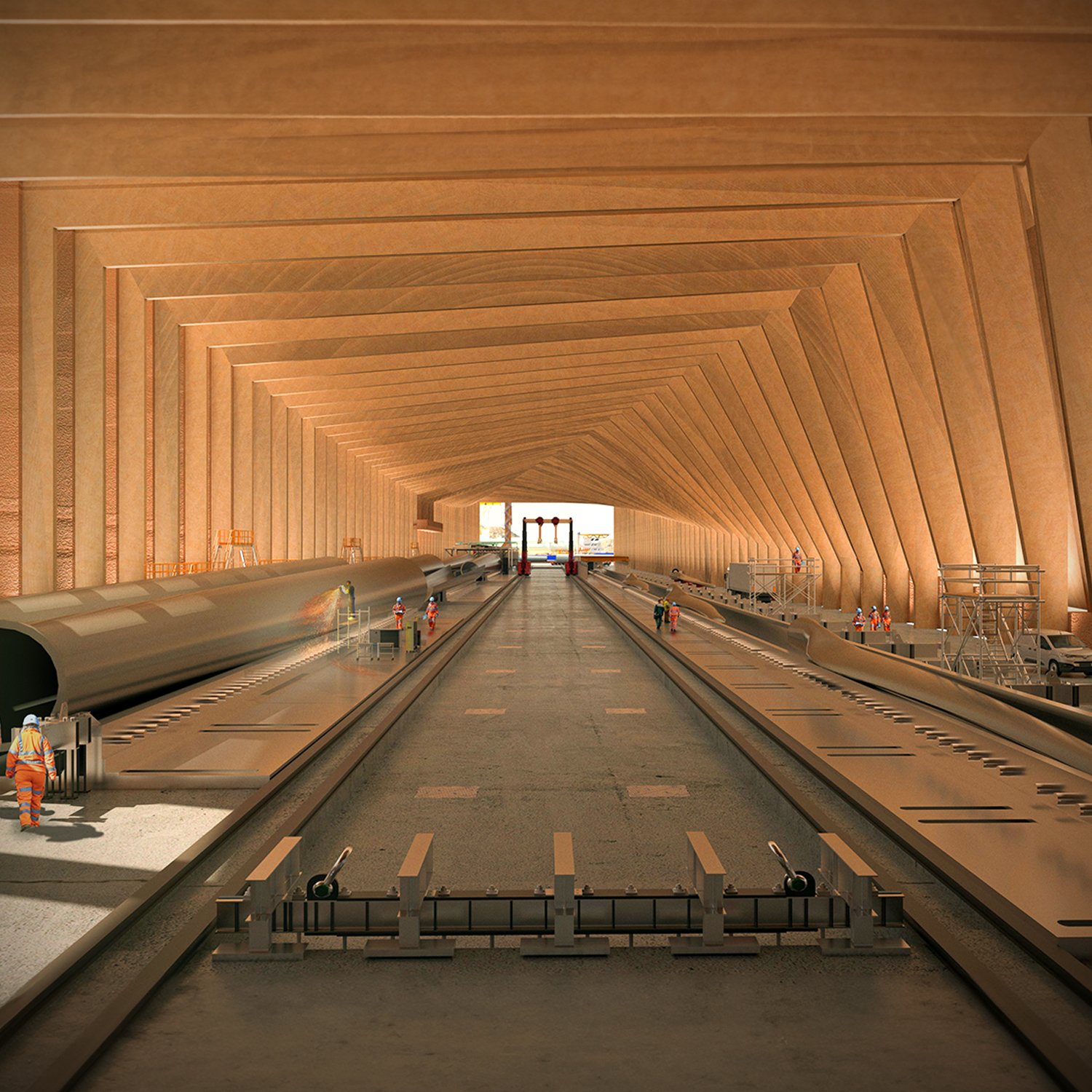Scott Mckenzie & Will Tankard
North Sea Energy Core // Port of Nigg
In 2022, the world faced an unprecedented energy crisis with far-reaching implications for policies, markets, and economies. This thesis examines the current state of affairs as society stands on the brink of the next energy revolution, exploring the global shift toward net-zero energy economies from political, social, ethical, and environmental perspectives. Using architecture as a medium of critique, this work investigates the relationship between physical and abstract systems supporting the energy infrastructure. Currently, international efforts to address energy demands lack coordination, hindering fair distribution. To effectively transition, renewable energy must be viewed as a shared global resource. This project proposes an interconnected global energy infrastructure that promotes climate diversity, benefiting economies and ensuring equitable access to sustainable energy. By reevaluating the relationship between societies and energy, architecture can celebrate the opportunities of the new energy revolution.
Fragmented Approaches to Energy Diplomacy
At present, international governmental efforts to address energy demands are fragment- ed, lacking a core multilateral institution responsible for the equitable distribution of energy resources. The focal point of this research is grounded in existing infrastructures, utilising real in- stitutions and their bureaucratic processes to provide a broader critique of political cooperation concerning the global shift to net-zero.
















